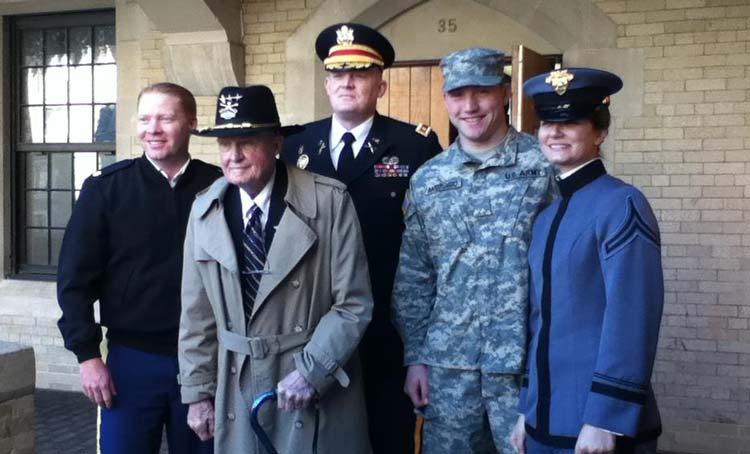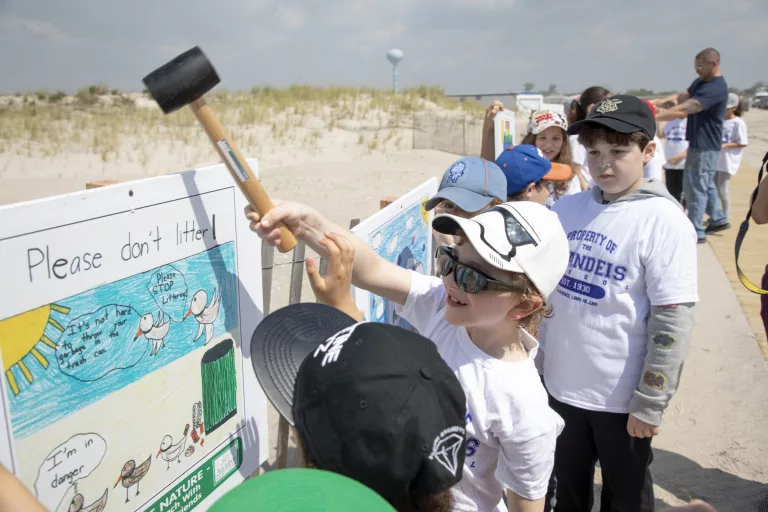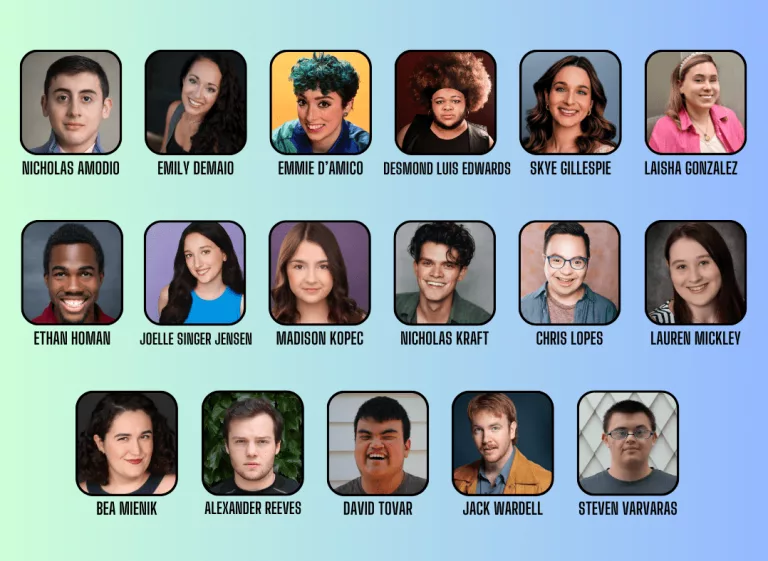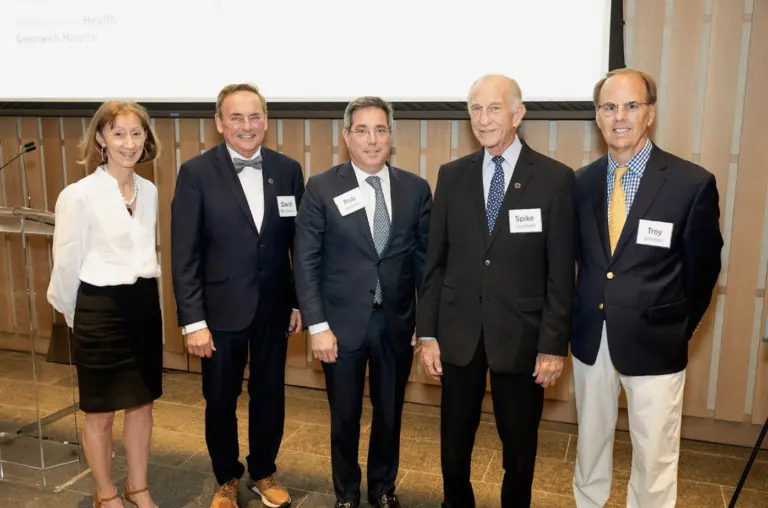
By Francis Ambrogio III
 Earlier this month our country bid farewell to one of its modern heroes, Lt. Gen. Harold Gregory “Hal” Moore. An exemplar of courage, leadership, and character, Moore was a recipient of the Distinguished Service Cross, the second highest military award for valor, one that in many cases is awarded posthumously.
Earlier this month our country bid farewell to one of its modern heroes, Lt. Gen. Harold Gregory “Hal” Moore. An exemplar of courage, leadership, and character, Moore was a recipient of the Distinguished Service Cross, the second highest military award for valor, one that in many cases is awarded posthumously.
Military professionals frequently use his acclaimed book, “We Were Soldiers Once… and Young,” which recounts the ferocious Battle of Ia Drang Valley, the first major engagement of the Vietnam War, as a tool for leader development. Many outside of the military will recognize the film adaptation, “We Were Soldiers,” starring Mel Gibson as Hal Moore. Others have eulogized him more effectively than I could, but I did cross paths with him once, and that short meeting influenced me profoundly. It also showed me that heroes can influence us in important ways, even when we might not expect it.
My meeting with Hal Moore came at the end of my first semester as a cadet at West Point. On a Saturday morning in December of 2011, I was heading to a study session for MA103, the first mathematics course that all cadets take and one that I found particularly difficult. Final exams were right around the corner, and I needed to do well. On my way out of the barracks, I ran into the officer in charge of my company, who told me to make sure I was back at 9:30 because we were going to have a special visitor and he needed a cadet to call the building to attention (even though most cadets were fast asleep at that time on a Saturday morning).
So I came back at 9:30, and as I stood outside the building, a van rolled up and out of it stepped an old man in a trench coat wearing a U.S. cavalry style Stetson hat with three stars on it showing that he was a lieutenant general. This old man was none other than Hal Moore, there to visit the barracks he had lived in as a cadet in the Class of 1945.
With a surprising amount of spring in his step for a man of eighty-nine years, Lt. Gen. Moore climbed the stairs to the fourth floor, where his old room was. (Grant Barracks was relatively new at that time, having been constructed in 1931.) After inspecting his room, he walked into the hallway and stepped into the bathroom. Pointing to one of the stalls, he explained that it was in that very spot that he had lost most of his eyesight, studying math every night by the light of a 40-watt bulb after “lights out.” It was for this reason, he said, that he graduated “top ten percent of the class—top of the bottom ten!”
Lt. Gen. Moore’s story was both reassuring and inspiring for me. Plebe year at West Point is a crucible experience, to say the least. Throughout the year, freshmen cadets, or “plebes,” live by a set of strict rules and perform duties such as cleaning common areas in the barracks, delivering dry cleaning and laundry, taking out the trash, and announcing when formations will be. They must know a book’s worth of knowledge, sayings, and traditions from West Point’s history and be able to recite any of it on command. Among other things, they cannot speak outside of their rooms or classrooms, must “cup” their hands as if they were marching while they walk, can only walk along the walls in hallways, have to refer to upperclassmen by their cadet ranks (so seniors are called “sir” or “ma’am”), and are not allowed to wear civilian clothes at any time—even on their way to go on leave or come back from it. It’s not an easy year.
Along with the grind of being a plebe, I was struggling in one or two academic courses and constantly sleep-deprived, I had failed a physical education course (it was gymnastics… I passed it the second time, and I did quite well in my other P.E. course, boxing), and generally found it difficult to manage the heavy workload and rapid pace of life at West Point. Lt. Gen. Moore’s joke about working hard to graduate “top of the bottom ten percent” stuck with me. Not only was it funny, but here was one of the greatest men the Academy had produced saying that he had struggled in a similar way to the way I was struggling at that very moment. He didn’t know me, and we didn’t discuss my plebe experience at all—rather, it was the mystery of the “Long Gray Line” of the Corps of Cadets at work.
I did, fortunately, make it through that semester. As my schooling at West Point continued, I got better at managing the heavy workload and busy schedule, in 2015, I graduated, 70 years after Hal Moore. That cold morning in 2011, during what was probably my roughest semester at West Point, was the first time I actually thought I might just make it through. His words stuck with me and brought both levity and reassurance during some of my more difficult times there. It was a chance encounter, but it left an indelible mark on me. Heroes, both great captains like Hal Moore and everyday heroes like parents, schoolteachers, and police officers, often do that to us, even when they don’t realize it—and sometimes we don’t realize it at the time either.
So here’s to Lt. Gen. Moore: May it be said, “Well done,” and may he be at peace “Where no rockets fly nor bullets wing… Where no mothers cry and no children weep,” where there is “No more bleeding, no more fight, No prayers pleading through the night, Just divine embrace, eternal light, in the Mansions of the Lord.”
Francis Ambrogio (second from the right in this photo) is a Greenwich native and an active duty officer in the U.S. Army, leading a tank platoon in the 1st Infantry Division and currently forward deployed to the Republic of Korea. The views expressed in this article are his own and do not necessarily reflect the views of the Army, the Department of Defense, or the U.S. Government.





